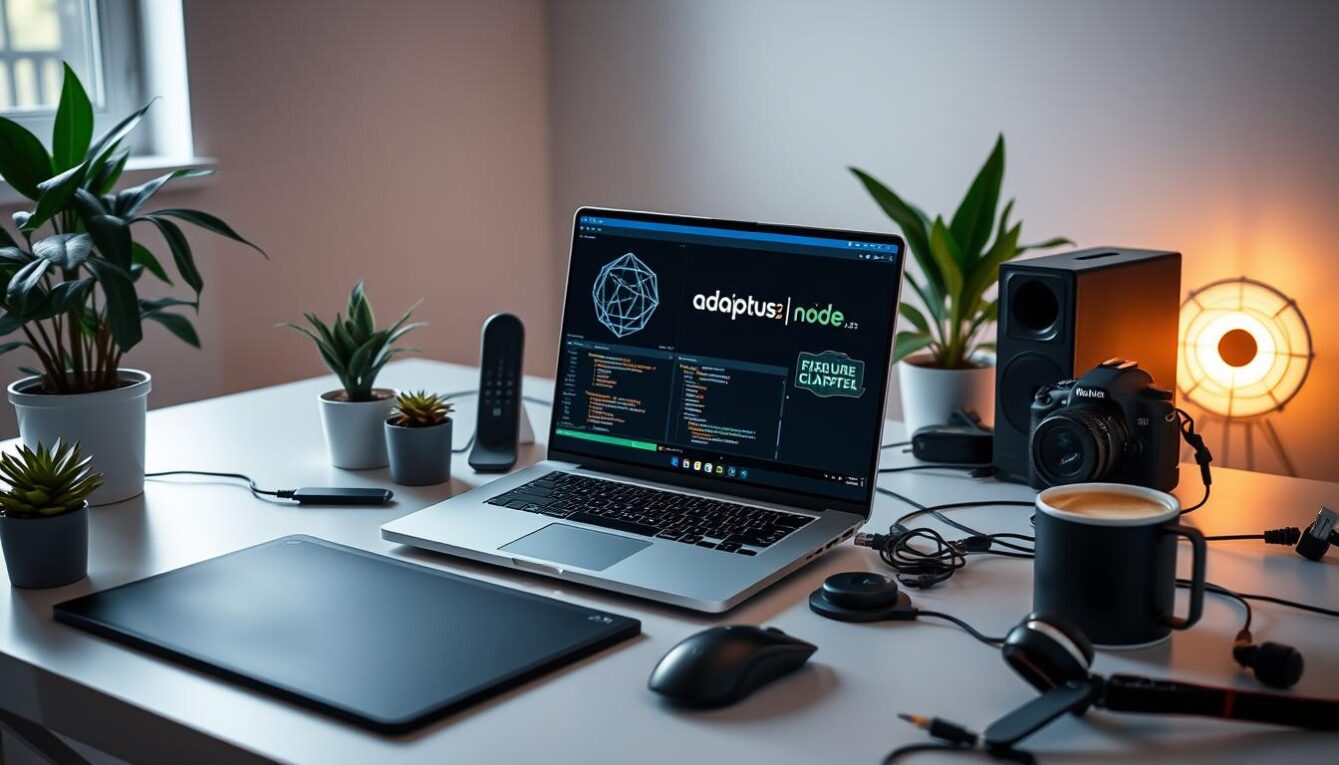DevOps is a culture and collaboration philosophy that promotes communication, integration, and automation in software development and operations. Building a high-performing DevOps team can help organizations enhance their software delivery capacity, improve quality, and increase agility. In this article, we will explore some tips and best practices for creating top-notch DevOps teams.
Unleashing the Power of DevOps: Tips for Building Top-Notch Teams
-
Hire for the right skills and mindset: Building a DevOps team requires individuals who possess technical expertise, collaboration skills, and a growth mindset. Look for candidates who have experience in software development, system administration, testing, and automation. Also, assess their communication, problem-solving, and learning abilities to ensure they fit the DevOps culture.
-
Foster a culture of continuous learning: DevOps is a constantly evolving discipline that requires continuous learning and improvement. Encourage your team members to attend conferences, participate in online communities, and pursue certifications that align with their roles and interests. Provide them with the necessary resources, such as training materials and mentoring, to support their learning journey.
-
Build a collaborative environment: Collaboration is at the heart of DevOps, and it requires breaking down silos and promoting cross-functional teamwork. Create a shared understanding of the goals, processes, and tools among your team members and stakeholders. Encourage them to communicate openly, share feedback, and work together to achieve common objectives.
From Collaboration to Automation: Best Practices for High-Performing DevOps
-
Automate everything: Automation is a critical aspect of DevOps that enables teams to streamline their workflows, reduce errors, and increase efficiency. Identify manual and repetitive tasks in your software development and operations processes and automate them using tools such as CI/CD pipelines, configuration management, and infrastructure as code.
-
Implement a DevOps toolchain: A DevOps toolchain is a set of integrated tools that support the software development and operations lifecycle. Select and integrate tools that align with your team’s needs and objectives, such as source code management, testing frameworks, deployment automation, and monitoring.
-
Measure and optimize performance: Monitoring and measuring your team’s performance is essential to identifying bottlenecks, improving processes, and delivering value to customers. Define and track key performance indicators (KPIs) such as lead time, deployment frequency, and mean time to recovery. Use data to continuously improve your team’s performance and outcomes.
Building a high-performing DevOps team is a challenging but rewarding journey that requires a combination of technical expertise, collaboration skills, and cultural alignment. By following the tips and best practices we have outlined in this article, you can unleash the power of DevOps and create a top-notch team that delivers value to your organization and customers.










